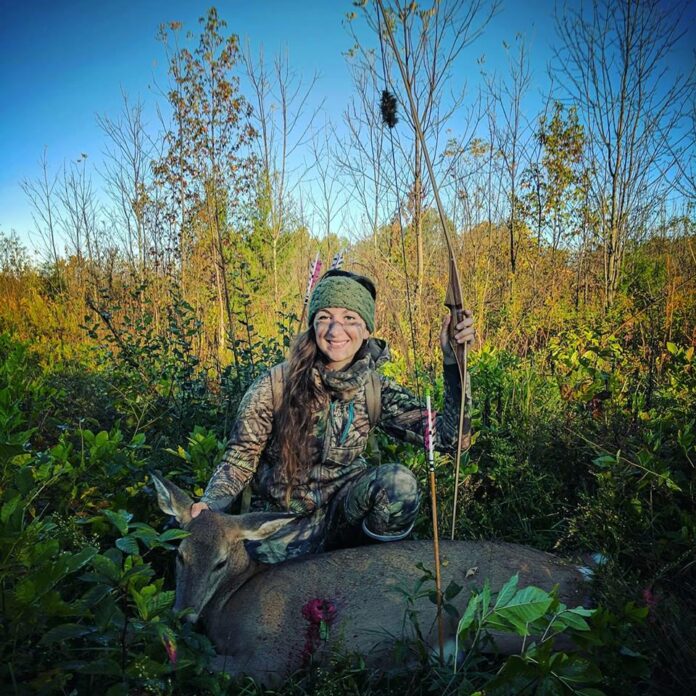I recently exchanged emails with an old friend, Mister HR Ross of the Ross Hammock Ranch, coincidentally, the best hunting ranch I’ve ever had the pleasure of visiting. We covered a few topics, but one in particularly sobering to both of us, is the decline in hunters. He cited a statistic he’d recently encountered that in the last five years (2013-2017) hunter numbers have fallen by 20 percent, a sure sign of an aging demographic. Is this the beginning of the end of our hunting heritage?
For years, I’ve read and written about the, “Take a kid hunting” movement and I’m a huge advocate of that. But, introducing children to the outdoors, although a wonderful thing, surely isn’t all that we can do. It’s my opinion that we need to invite the millennials to join us. No, not the tide pod eating, safe-space seeking, snowflakes. They only makeup an honestly small percentage, but the rest of them which technology and the internet has distracted from the natural beauty of the outdoors.
The millennial generation, also known as Generation Y are those born in the 1980s to the early 2000s. They currently total more than 80 million and are the largest group of Americans alive today, and also said to be the largest cohort or group in history. What’s downright disturbing, is that hunting participation remains relatively low within this massive population, only about 5 percent, according to a study published by the National Shooting Sports Foundation.
There is hope, however, as we in the conservation business work to recruit the next generation of hunters, we must not forget about targeting food-conscious millennials who want to know where the steak they’re grilling originated. Many of these millennials didn’t grow up in a traditional hunting or fishing household or didn’t have the time to devote to hunting, but the idea of eating meat they harvested themselves now appeals to them. In fact, survey research shows that American hunters in the millennial age bracket most often name the meat as their most important reason for hunting, and that the percentage of those hunters who hunt mainly for the meat continues to grow.
Not only is that now the top incentive but, over the last decade, the proportion of overall hunters going afield for meat has almost doubled. In no small measure, this new interest in hunting can be tied to what I’ve read on the internet to be called the, “locavore” movement. These new hunters, from urban and suburban backgrounds, want their food to be locally sourced. They want it to be tied to the land, have more of a direct hand in acquiring it, and they want it to be free of chemicals and human-made hormones. In the case of meat, they also want the animals to be free ranging.
Even Facebook founder Mark Zuckerberg revealed his love for hunting, the outdoors and BBQs in a viral Facebook Live video from his own backyard. He said meat tastes, “doubly better when you’ve hunted the animal yourself. Whether you’re fishing for salmon or going hunting for a boar, that’s a big part of it. You feel more connected to what you’re doing and what you’re eating. You cook it yourself and it’s this whole new experience.”
That’s where we need to place our focus; not on taxidermy, antler scores, and the old hairy-chested, smell like leather, bwana image of manly ruggedness…. they’re simply not interested. But, if a diet of free-range, organic meats, self-procured and delicious is their desire, then why not invite them along and teach them what they need to know?
As always, if you have any feedback, suggestions or even just want to share a good hunting story, give me a shout at [email protected]. God bless and good hunting!

